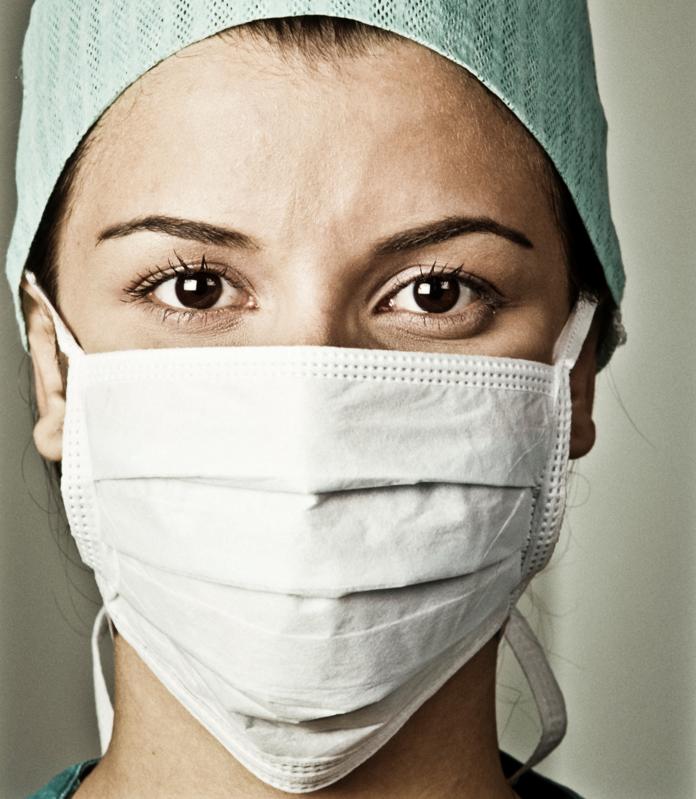Rather than making clothes and beauty products, some of the world’s biggest brands have reworked their resources to manufacture face masks and hand sanitizers. And not for the everyday person’s non-essential use, but for the healthcare workers who need them most.
H&M and Zara (or rather, Inditex, its parent company) were among the first to shift their sizeable operations towards the manufacturing of medical supplies and Mango has pledged to distribute two million face masks throughout Spain’s hospitals.
LVMH—the multinational which owns Louis Vuitton, Dior, Sephora, Fendi, Givenchy, and more—is using its supply chain to source 40 million face masks from China and had promised a five million euro minimum spend to fund their first week of deliveries. The majority of which are expected to be sent across Spain, France and Italy, which have fast become COVID-19’s most-affected countries.
At the request of Tuscan authorities, Prada has begun production of 80,000 medical overalls and 110,000 face masks. Daily hospital deliveries are expected to begin on April 6 in Italy.
Meanwhile, French luxury conglomerate Kering has committed to sourcing three million Chinese face masks for its own country’s health service. Among its many high-end brands, Balenciaga and Yves Saint Laurent have been rallied to make masks while Kering’s largest, Gucci, has said it will manufacture and donate 1.1 million face masks and 55,000 medical overalls to the Italian authorities.
European textile manufacturer Miroglio Group, which makes fabrics for over 3,000 clients each year, has also retooled its firm in northwest Italy to produce washable cotton and elastane masks. 10,000 of which were delivered last week, with another 600,000 expected by middle of next week. The company plans to service Italy first, but hopes it can look further afield as production ramps up towards 100,000 face masks per day.
